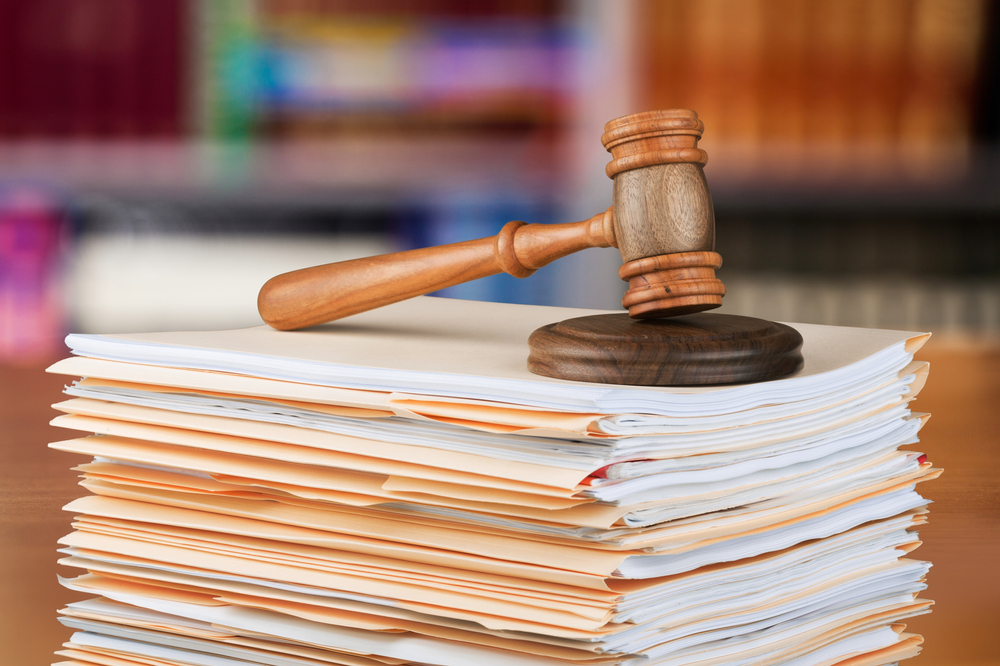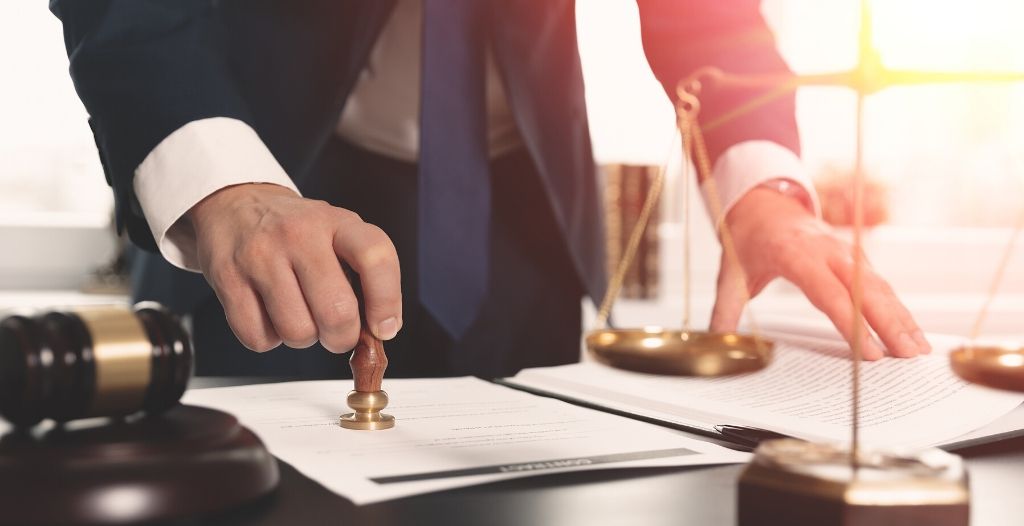Let’s get straight to the point—are DWI arrests public? If you’ve recently been arrested for driving while intoxicated, that question has probably been haunting you ever since the handcuffs clicked. Whether you’re worried about your employer running a background check, concerned about your reputation among peers, or simply trying to understand what the court system exposes to the public, the answer isn’t always black and white.
This guide will take a deep, analytical dive into what’s publicly visible, who can access your DWI arrest records, how long that information sticks around, and what you can do about it. We’ll also share real-world stories and break down what Texas and other states allow in terms of public access to your legal history.

Are DWI Arrests Public? The Straight Answer
Yes, in most cases, DWI arrests are public. When you’re arrested for driving while intoxicated, a record is created. That record can show up in police reports, jail intake logs, and court dockets. These are often categorized as public records, meaning they’re available for inspection unless sealed or expunged by a judge.
But here’s where it gets tricky: public doesn’t always mean easily accessible. There are levels to public access. For example, a journalist could file a request with the local sheriff’s office and get your booking photo. But your neighbor might not be able to casually search Google and see everything unless it’s been posted online by a news outlet or court system.
So, while the technical answer to “are DWI arrests public” is yes, the practical answer is—it depends on who’s asking and how much effort they’re willing to make.
Real-Life Story: Marcus and the Background Check
Marcus was a 27-year-old graphic designer living in Houston. He had never been in trouble with the law—until one night after a wedding reception. On his way home, he was pulled over and arrested for a DWI. It was a low-level misdemeanor and didn’t involve an accident. He quickly hired a lawyer, entered a plea deal, and paid his dues.
Fast forward six months—Marcus applied for a remote job at a tech firm. He aced the interview, but during the final step, the hiring manager told him something had come up on his background check. Yep, you guessed it—theDWI arrest.
Marcus was stunned. “I thought this was over. How is this public?” he asked his lawyer. That’s when he learned the hard truth: DWI arrests are public, and even dismissed charges or plea deals can show up unless you take action to seal them.
What Exactly Becomes Public in a DWI Arrest?
When we talk about public records, it’s important to understand which parts of your DWI arrest become visible. Here’s a breakdown:
- Arrest Record: Includes date, time, and arresting agency
- Booking Information: Mugshot, fingerprints, bail amount
- Charge Details: What law you allegedly broke
- Court Records: Hearings, filings, plea agreements
- Disposition: The outcome Dwi conviction, dismissal, deferred adjudication
These documents can be viewed at courthouses or obtained through open records requests. In some states, certain counties even publish DWI arrest logs online daily. That’s why understanding DWI arrests and public records: what employers, friends, and courts can see is so crucial—because the scope of visibility is much wider than most people assume.
Can Employers See DWI Arrests?
Absolutely. In fact, employers are among the most common users of background check services that include arrest records. Even if your case hasn’t gone to court yet, the arrest itself may still pop up during screening.
Here’s how it works:
- Pre-Employment Checks: Most background reports include criminal history
- Continuous Monitoring: Some employers re-check records annually
- Commercial Databases: Arrest records are pulled from public systems and sold by third-party vendors
Depending on state law and your industry, an employer may or may not be allowed to make hiring decisions based solely on an arrest (as opposed to a conviction). But in reality, most employers won’t bother distinguishing between the two if they see “DWI arrest” on your record.
So yes, when it comes to the question, are DWI arrests public, the impact on employment is a major reason why it matters.
What Can Friends, Family, or the Public See?
Now let’s talk about non-employers. What can your friends, roommates, or neighbors actually find out?
1. County Jail Logs
Most counties in Texas and beyond maintain daily jail logs. These are technically public records and often available online. They include names, mugshots, and booking details.
2. Online News Reports
Local newspapers and crime blogs often publish “DWI roundup” stories. If your arrest is notable, or the outlet simply lists all weekend arrests, you might find yourself online indefinitely.
3. Google Searches
Once a name appears on a news site or mugshot database, it’s indexed by search engines. Anyone Googling your name could see it unless you pursue reputation management or de-indexing.
4. Court Records
Most court systems now offer public access portals. With a name and case number, anyone can look up docket entries and outcomes.
In short, if you’re wondering whether DWI arrests are public, just think of how fast rumors spread at church, school, or work when someone gets arrested. All it takes is one online link, and suddenly everyone knows.

Can a DWI Arrest Be Removed from Public Records?
Here’s the silver lining: in some cases, yes, a DWI arrest can be sealed or expunged. But this depends heavily on the outcome of your case.
1. Expunction (Expungement)
In Texas, you can expunge a DWI arrest if:
- Charges were never filed
- The case was dismissed
- You were found not guilty
- You completed a pretrial diversion program
An expunction removes the record entirely—as if it never happened. Employers, courts, and background check companies won’t be able to see it.
2. Non-Disclosure (Sealing the Record)
If you were placed on deferred adjudication and successfully completed it, you might qualify for a non-disclosure order. This seals the record from public view, though law enforcement and some licensing boards can still access it.
Either route requires filing a petition with the court, and it’s strongly recommended you hire an attorney to help. Just remember, even if DWI arrests are public, they don’t have to stay that way forever.
State-by-State Differences in DWI Record Access
While this guide focuses on Texas, the question are DWI arrests public varies from state to state.
- California: DWI arrests are public, but employers can’t ask about arrests not resulting in conviction.
- New York: Arrests are public, but there’s strong protection against employment discrimination based on arrests.
- Florida: Extremely open public records—DUI arrests are posted online daily.
- Illinois: Arrest records are public but sealed after certain timeframes.
Texas falls somewhere in the middle. Records are public unless sealed—but they’re relatively easy to access, especially online.
The Court’s Perspective: Why Are These Records Public?
You might wonder why such sensitive information is made available to the public in the first place. Isn’t that unfair?
The court system operates on the principle of transparency. Public access:
- Ensures accountability
- Allows press oversight
- Prevents secrecy in judicial proceedings
- Supports public interest in safety and justice

So when we talk about DWI arrests and public records: what employers, friends, and courts can see, we’re really looking at a balance between individual privacy and public accountability.
How Long Do DWI Arrest Records Stay Public?
If left unsealed, a DWI arrest record stays public forever. That’s right—unless you take legal steps to expunge or seal the record, it won’t just disappear with time.
Even if you were never convicted, the arrest itself remains visible. It can follow you into new jobs, apartment leases, and even international travel applications.
So, if you’re asking are DWI arrests public, you should also be asking, how do I make them private?
Why It Matters: Beyond the Legal System
Your DWI arrest is more than a legal incident—it’s a personal and professional landmine. It affects:
- Job applications
- College admissions
- Loan approvals
- Professional licensing
- Immigration status
Even your social life may change if friends or family read about your arrest in a local news article. That’s why understanding what employers, friends, and courts can see is just the beginning. The next step is controlling the narrative and limiting exposure.
What You Can Do If You’re Facing a DWI Arrest
Let’s talk action. If you or someone you know has been arrested for DWI, don’t panic—but don’t wait either. Here’s what you can do:
- Hire a DWI Defense Attorney Immediately
They can guide your case toward a resolution that allows sealing or expunction down the road. - Don’t Assume Privacy
Know that your record is public and start planning accordingly. - Monitor Your Online Footprint
Set up alerts, request removal from mugshot websites, and watch what others might see. - Request an Expunction or Non-Disclosure When Eligible
Sealing your record is a critical step in protecting your future.

Final Thoughts: Managing Public Records After a DWI Arrest
So, are DWI arrests public? Yes—and they carry a lasting impact. But public doesn’t mean permanent. With the right knowledge and legal action, you can regain control over your name, your reputation, and your future.
Understanding how courts, employers, and the public access this information is the first step. Acting on that knowledge—through legal advocacy, record sealing, and reputation management—is what truly turns the tide.
Don’t let one mistake define your story. With time, strategy, and the right support, you can move forward—and leave the past in the rearview mirror.

